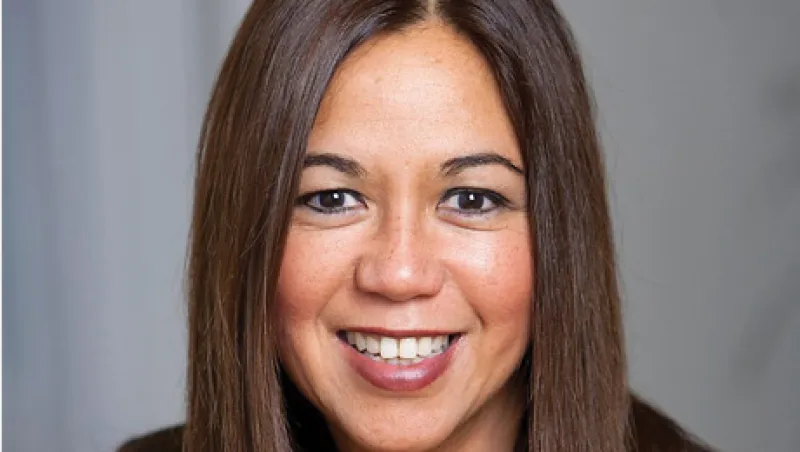
Custodian Banks Make Their Mark in Latin America
For some global custodians, Latin America is a local market. In July, BlackRock launched the first Colombian exchange-traded fund — IShares Colcap, which tracks the 20 most-liquid stocks on the Bolsa de Valores de Colombia.
Janice Fioravante
November 8, 2011


